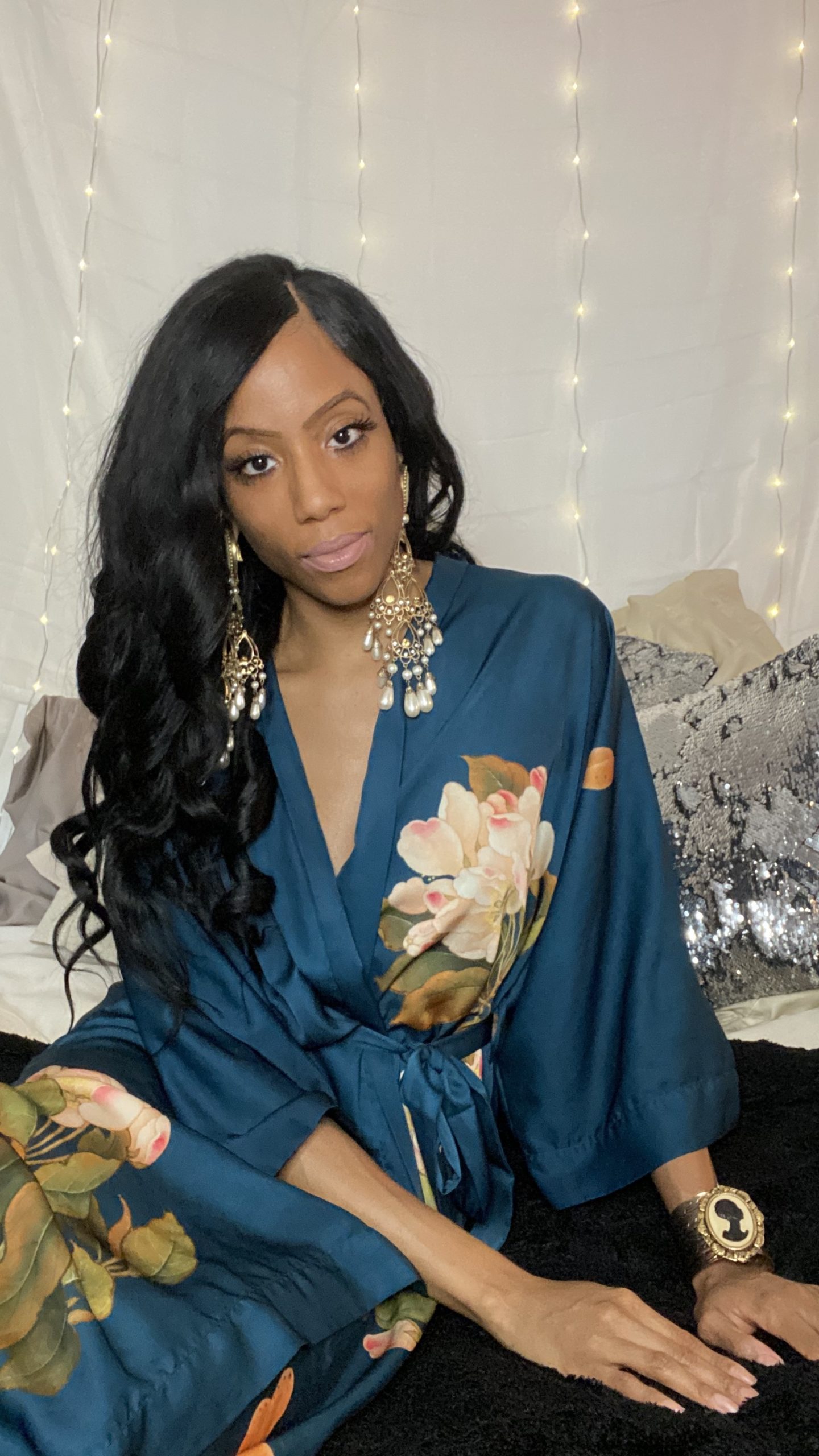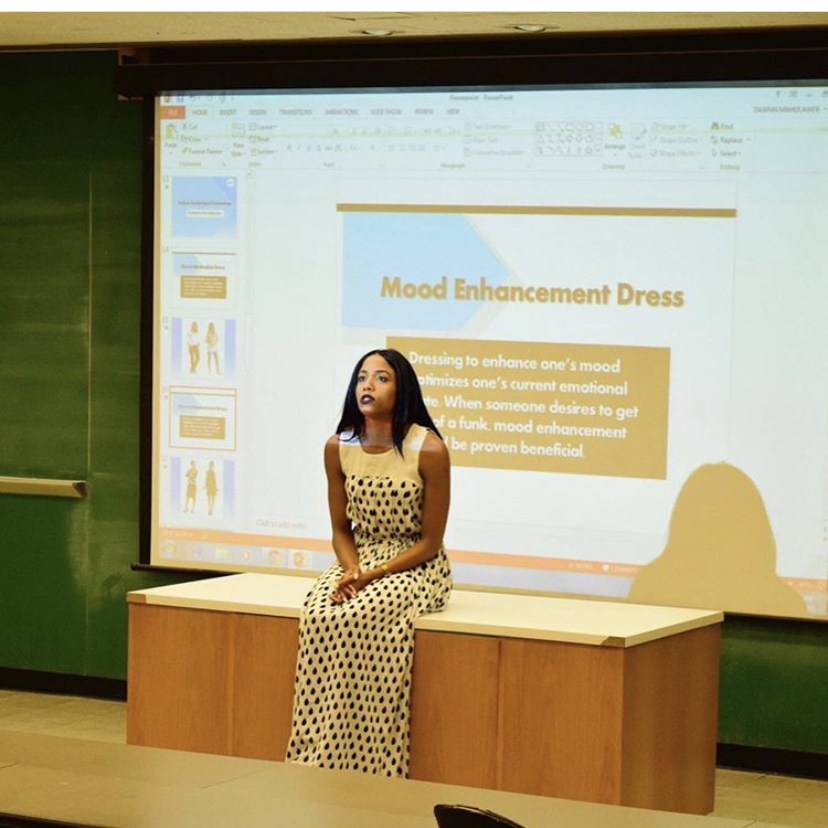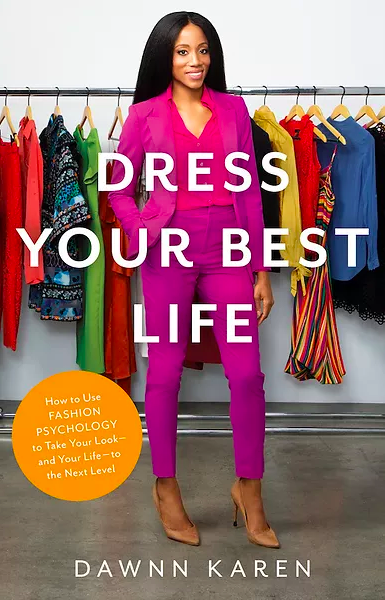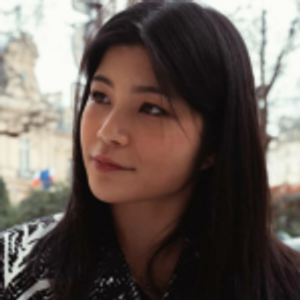“The link between what we wear and how it makes us feel is undeniable,” says Dr. Dawnn Karen, a leader in the growing field of Fashion Psychology who pays close attention to the relationship between attire and attitude: not just how clothes make you look, but how they make you feel. She earned a masters degree and was a former candidate for a second masters in counseling psychology from Teachers College, Columbia University. After graduating in 2012, she invented the Fashion Psychology Field® in which she studies the impact of clothing choices on the way in which we perceive and judge each other while working as a model and jewelry designer. Became an instructor of Fashion Institute of Technology at the youngest age. She launched the online course Fashion Psychology Institute in 2015 and published her first book, “Dress Your Best Life” this year.
Many people meet the criteria for clinical depression during the pandemic. Now it continues the uncertain and unstable social situation, what is reflected in her eyes when considering clothing we choose from the emotions? I asked Dawnn about what kind of sentiment our clothes represent, what to wear to stabilize our mind, and the future consumer trends to be understood from psychology.
— New York, where you are based in, has been locked down for three and a half months. How did you spend your time at home?
Dr. Karen: Even though the lockdown are easing, I’m still stay home and isolated as much as possible. The online course Fashion Phsychology Institute was able to continue and lots of new students registered during the lockdown. As you can imagine, there were many people who wanted to have a therapy session in an unstable situation, so I was switching the session into the video session instead of physical. My book will be translated into other languages and published in each country, I spent much time to prepare for it.
— Did the pandemic affect your emotion?
Dr. Karen: No one can stay in a stable mind. I was deeply depressed, a psychologist is the same person as everyone else. I just know a little bit better than others about organizing my mind and getting out of a dark tunnel. The most traumatic thing for me was the death of a student during the pandemic. In addition, the killing of George Floyd case caused deep sadness and push me into the dark as I’m the same African-American. Seeing the movement of Black Lives Matter was too harsh for me, so I took social media detox for one and a half months, and drastically reduced my workload. As a psychologist, of course, I want to support my clients, but I can’t help others when my mind is unstable. Now my break is over, I’m in a state of calm.
— What did you wear at home to boost your mood?
Dr. Karen: Even before the pandemic, I always wear kimono at home. Flare fit and long sleeve silhouette give you an elegant and graceful feel just like a queen. Yet it gives you a feeling of freedom without straining, relieving anxiety, and completely relaxing. Especially I wore flower patterns and light-colored kimonos during the lockdown as I couldn’t go out and see the beautiful spring flowers. It’s not the only thing that kimono affects emotion like this, so I recommend it to many people.
— What recommendations do you have other than kimono?
Dr. Karen: Wear loose-fitting clothing does not tighten your body which gives you a sense of security as if you are hugged such as oversized sweatshirts, bathrobes, or even blankets. All restrictions are imposed on the outside world, like the current social conditions, wearing masks when going out, and social distance. At least at home, it is essential to release yourself and lift the restrictions.
— Nowadays, there are many people who continue teleworking even after the lockdown. How do you suggest to people who want to make themself feel better while staying at home?
Dr. Karen: Change clothing on several occasions to eliminate monotony. For example, if you have multiple video meetings during the day, change your outfit for each meeting. I recommend that you bring about a great change in your lifestyle by replacing your clothing when you work out or cook.
— Did you see any differences between before and after the pandemic?
Dr. Karen: Obviously, many people are depressed. For example, one of my clients, a long-standing female doctor, was in an unstable mental state before the pandemic, and the COVID-19 exacerbated her emotions. She lost weight as the size of her clothing dropped from 16 to 8, so she looked a lot differently and said, “I don’t know what to wear.” I suggested not to wear pajamas and not to wear the same clothes for more than three days as a prescription. Pajamas are worn when you are down. If you are already feeling down, pajamas may cause a negative spiral. As a rule of thumb, choose bright colors when going to work, and advised her to wear yellow for her personality. Each person has different colors, so bright colors are not always right, but yellow, pink, and turquoise have the effect of energizing the mind. Depending on the client’s personality, I may propose colors that have a sense of stability and release tension, such as dark black and gray. I foretold that I wore a floral kimono, but I would like you to keep in mind that it does not apply to everyone because the pattern may invigorate and cause anxiety for some people.
— You say that you are making proposals to each client, but what kind of advice increased as a tendency after the pandemic?
Dr. Karen: “Kawaii” style, which has become one of the trends in the United States, has a positive impact on people’s emotions, so more proposals have been made. I gave a prescription to the depressed client, who suicide run in her mind, to wear clothing with Hello Kitty designs, character socks, and pink tutu at home. The fantastic light pastel “Kawaii” style can have a healing effect. Literally, Hello Kitty saves her life! It may seem weird to the Japanese people who invented the “Kawaii” style, but it is fresh and fantasy, and looks different for my clients and me like Americans born and raised in different cultures from the Japanese perspective.
— Could you analyze what kind of clothes consumers would prefer to wear after the pandemics in the near future?
Dr. Karen: Even if an effective vaccine is generalized, the virus never ends, fear is always with us. As a result, people become conservative and have a strong feeling to protect themselves, which will also appear in their outfits. For example, in addition to masks, I think that people will naturally wear more hats, sunglasses, scarves, gloves, and other accessories that cover the skin. From another perspective, many of us should have thought about the value of life and improve their quality of life by having the time to face ourselves during the lockdown. It should also work to pursue the essence rather than showing off its good-looking appearance on Instagram and the consumption method of fast fashion. I want to ask everyone this question, “Do you dress up for yourself or someone else?”





